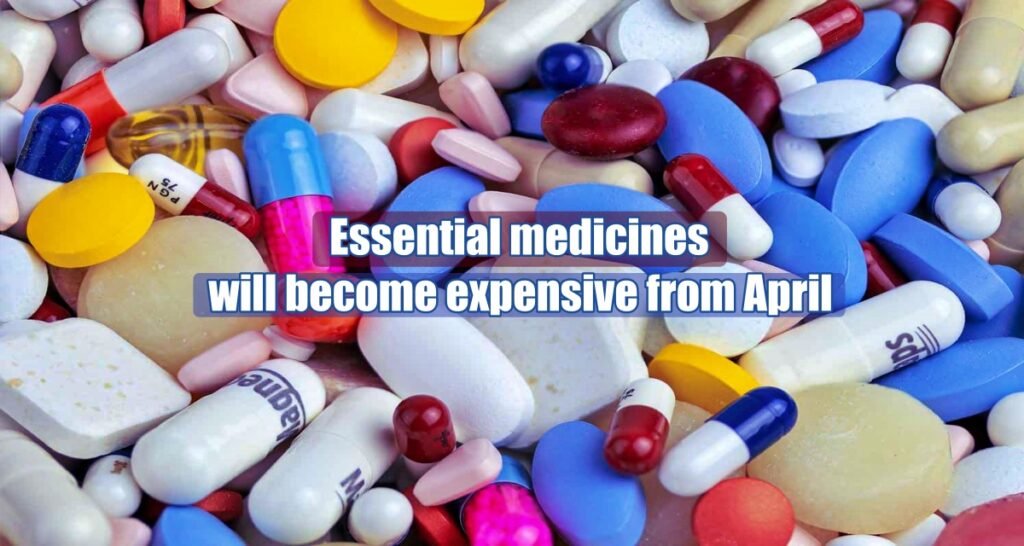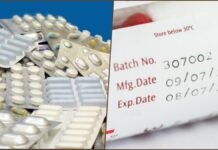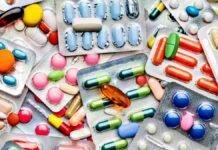
New Delhi: Day by day the prices of petrol-diesel and edible oils are increasing. Meanwhile, another bad news has come out for the common man. From the month of April, the prices of essential medicines including pain killers, antibiotics, anti-virus are going to increase. The government has allowed an increase of more than 10 percent for scheduled drugs.
According to The Economic Times, on Friday, the Drug Pricing Authority of India has given permission to increase the prices of medicines, which are under price control. This rate is more than 10.7 percent. This is the highest price hike allowed. It is noteworthy that from April, the prices of more than 800 medicines under the National List of Essential Medicines (NLIM) are going to increase.
According to reports, earlier the National Pharmaceutical Pricing Authority (NPPA), a government regulatory agency that controls the prices of medicines in India, on March 23 submitted necessary documents to pharmaceutical companies to increase the prices on the basis of the Wholesale Price Index (WPI). was asked to do. At that time it was said that from April 1, the price of all essential medicines in the country could increase by about 2 percent.
Know how the price of medicine is changed
An official release issued by the Pricing Authority on Monday said, “As confirmed by the Economic Advisor (Ministry of Commerce and Industry), the annual change in Wholesale Price Index (WPI) during the calendar year 2016 is the same as of 2015. 1.97186% as compared to the period.

According to the Drug Price Control Order, based on the change in the WPI of the pharmaceutical company, the price of essential drugs is changed by the regulator.
It is worth mentioning that, the prices of medicines which are part of the National List of Essential Medicines. All drugs in a particular department are directly controlled by the government and the maximum prices of drugs are limited by a simple average with a market share of at least 1 percent.
These drugs will be expensive
Notably, the National List of Essential Medicines includes over 875 drugs, including antiretroviral drugs used to treat diabetes, cancer drugs, hepatitis, high blood pressure, kidney disease, etc.
Companies that are not part of the National List of Essential Medicines are allowed to increase their prices by up to 10 percent per annum. Currently, more than 30 percent of the pharmaceutical market is under direct price control.



















































